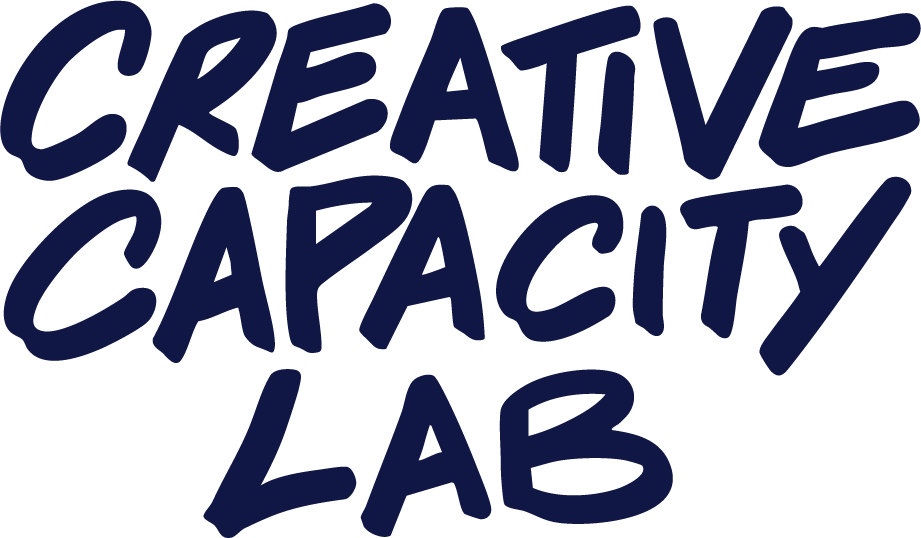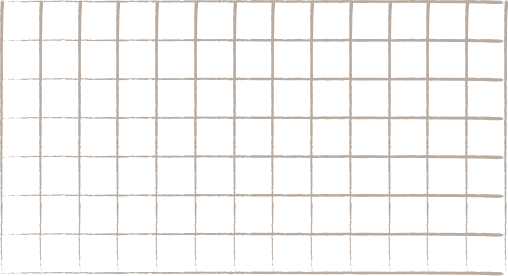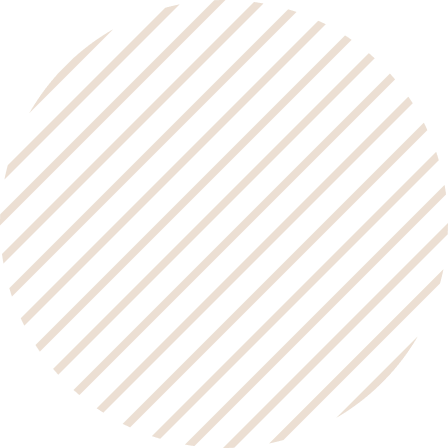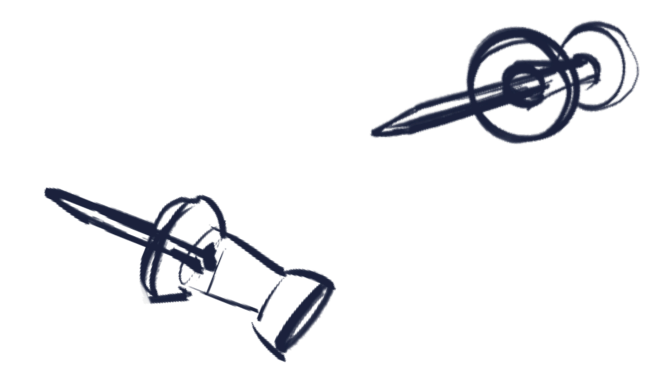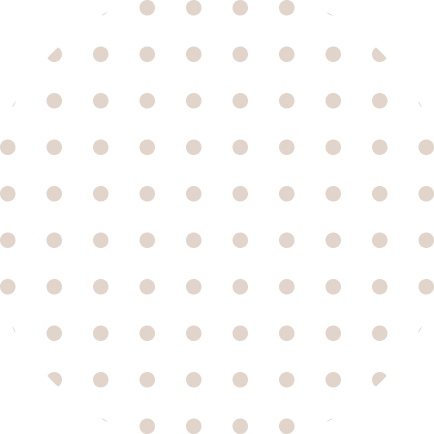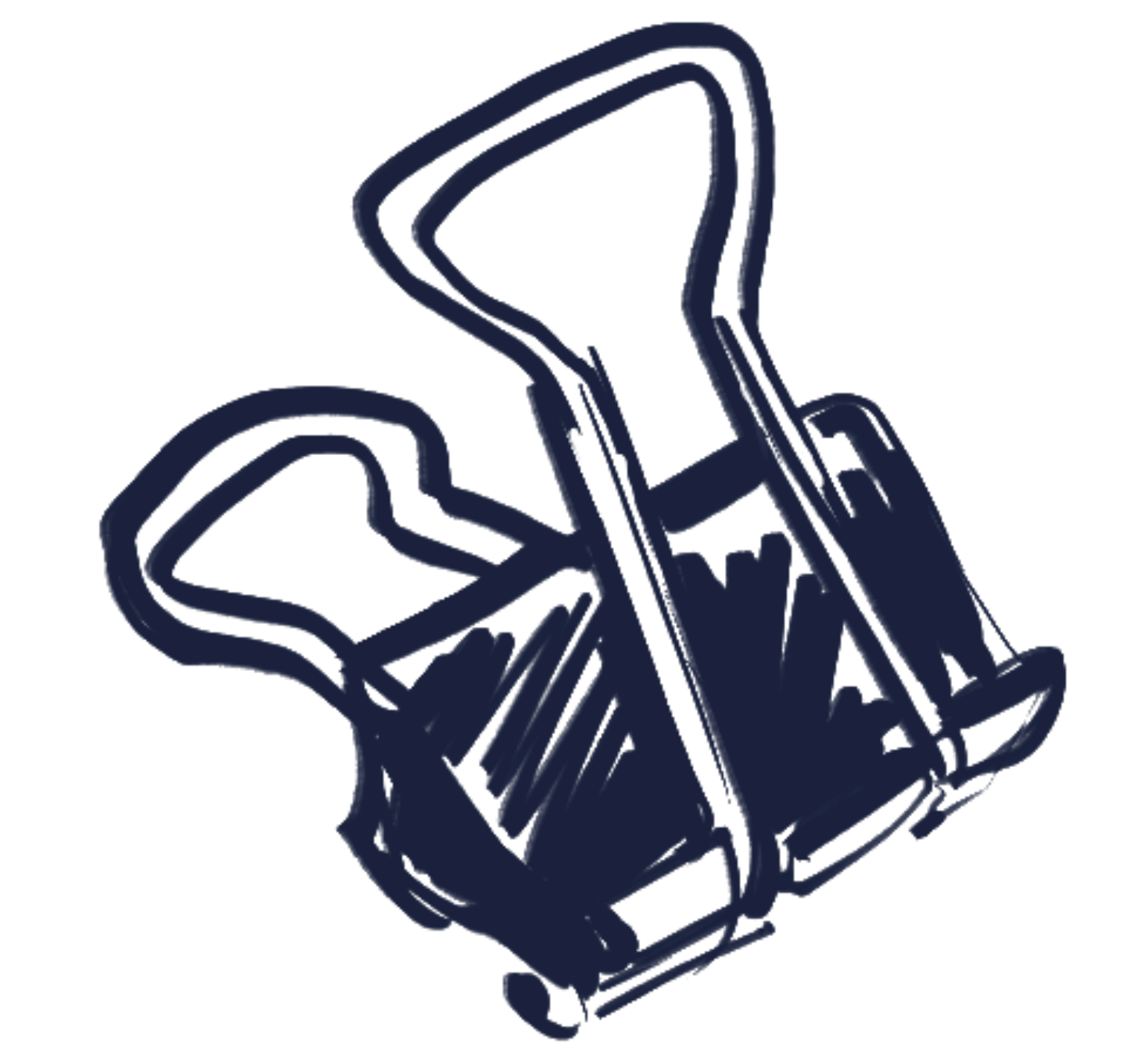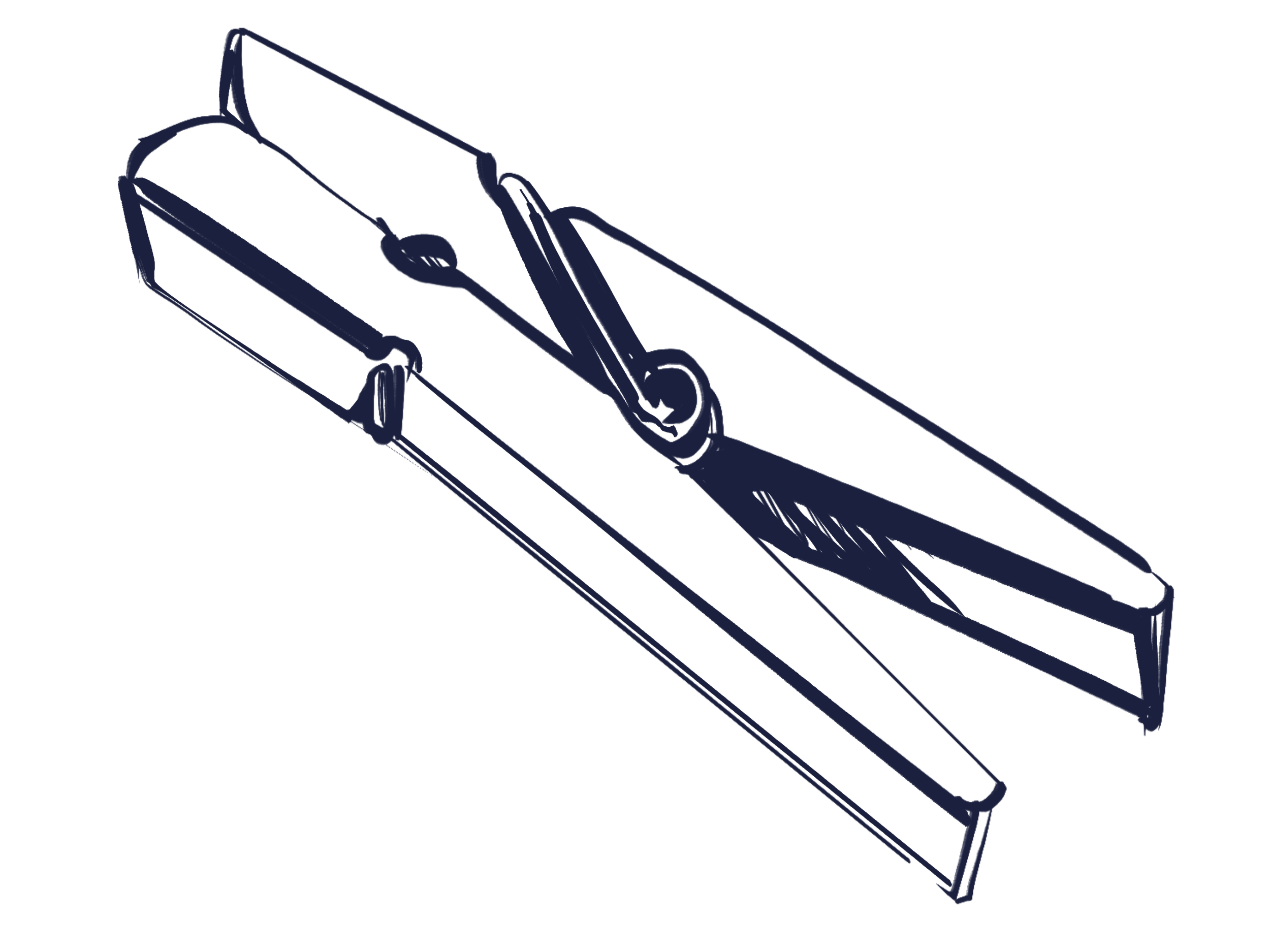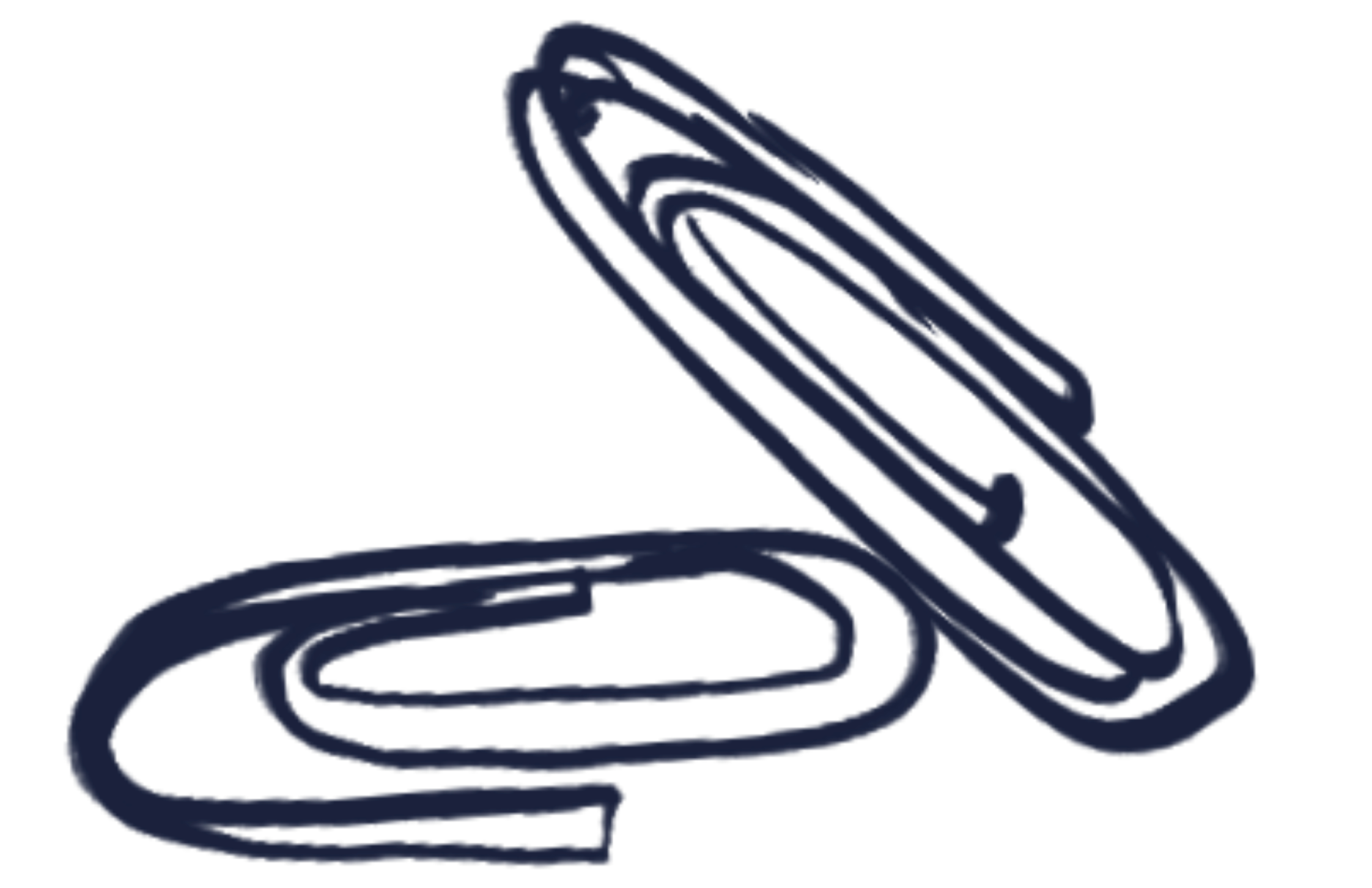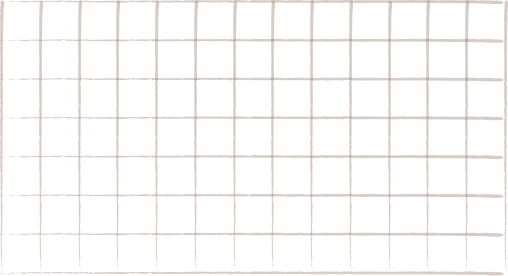Exploring a New Idea
This toolkit helps teams take early concepts and begin shaping them into something more tangible. It offers simple steps to clarify your thinking, test possibilities, and build momentum without needing a polished plan. Use it when you're ready to move from “what if” to “let’s try.”
Who? —
This toolkit is for team leaders, educators, or community organizers beginning to develop a new idea or initiative.
How? —
It guides users through simple, flexible activities like brainstorming, framing questions, and mapping possibilities to shape and refine early ideas.
Why? —
Gain clarity, build alignment, and confidently move from idea to action without needing a fully formed plan.
This toolkit includes printable PDFs you'll need to run the workshops. Inside, you'll find a facilitator’s guide and individual worksheets for each session. To access them, click the button below to open a Dropbox folder organized by workshop, with all printables ready to use.
The Timeline
Over 12 weeks, you and your team will build creative confidence while generating tangible outcomes. Throughout this toolkit, your team will have 4 workshops and one final all hands team meetings at the end to conclude. Between each workshop, there will be a buffer period of 2 weeks for your team to apply and do the work outside of the workshops.
0. All Hands
You will meet with your entire team and get them oriented to what they need to know. Before Workshop 1, your job is to assemble your team, frame your challenge, and chart the path forward. Don’t overthink it, but do be intentional. Set the tone with openness and connection. Before diving into the work, take time for everyone to introduce themselves in a meaningful way. This group will be working closely together for the next 12 weeks—so establishing trust and familiarity from the start is essential.
1. Exploring your ideas
You will meet with your entire team and get them oriented to what they need to know. Introduce the idea, setting, and get oriented with each other. Communicate the road map ahead of them and get them motivated about the process. You will also need to read the facilitators guide and get familiar with the materials as the leader.
2. Externalizing your work
In this full day workshop the team will analyze their first field work and turn that to proceed. You’ll need the full team, some snacks, a quiet room to pin up work and an open mind.
3. Evolving your prototypes
This session is all about turning insight into action. Your team has gathered real-world feedback, now it’s time to make sense of it, extract what matters, and build something new: fast, scrappy, and rooted in what you’ve learned.
4. Reflecting on the process
Creative work can be intense, fast, and full of motion, this moment invites pause. Reflection helps participants connect their personal growth to the larger experience, and consider how they'll carry it forward. By looking back at their original intentions and articulating what’s changed, they surface the values, skills, and insights they want to hold on to, and share.
5. Wrapping Up
You sparked new thinking, tried new approaches, and brought people along with you. We hope you’re proud. Before you wrap this up completely, we want to help you pause and take stock. What changed? What did you learn? What’s worth carrying forward?
